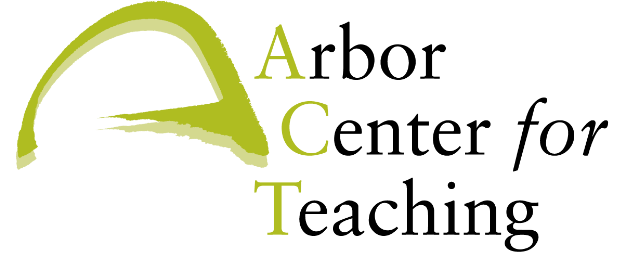ARBOR ALGEBRA SERIES
Textbooks written by Arbor teachers, a new model for teaching and learning algebra, designed from the start for students of all abilities. Arbor Algebra integrates compelling narrative, inductive reasoning, and deep, imaginative problem solving while satisfying common core standards
WHAT MAKES Arbor Algebra Unique?
Inductive Reasoning: Our books upend the typical textbook format of "explain, example, drill," which, because it modeled on assessment by standardized testing, tends to sacrifice deep understanding. In contrast, our students use inductive reasoning to discover fundamental algebraic principles for themselves before learning to apply them. And even though our books don't "teach to test," our students do extremely well on standardized tests because they understand the problems they are asked to solve.
Notes to Self: Our texts ask students to participate actively in the creation of their own mathematical understanding. Fundamental concepts are reinforced by short essay prompts - "Notes to Self" - in which students are asked to articulate mathematical elements, principles, and formulas in their own words, drawings, and diagrams. We believe that students have mastered algebraic concepts only when they can both articulate these concepts in plain speech and utilize them to solve real problems.
Compelling Narrative: All human beings desire to know, and the principal mode of human knowing is coherent narrative, or reasoned speech. We believe that the common practice of teaching mathematics as a set of isolated skills disconnected from ordinary language ignores this fundamental truth. So our books embed the learning of skills within a unified, coherent narrative, which prompts student to think about how algebraic formulas, principles, and elements relate to one another, and about what their respective purposes are.
Imaginative Problem Solving: Students thrive when they engage challenging, meaningful, and worthy problems with their entire range of intellectual faculties. While our books provide plenty of "practice" problems in the traditional sense, they are also filled with rich and generative questions, many of which are open-ended. Such questions help students practice imaginative problem-solving, which is not only engaging but also produces deep and lasting learning.



An Introduction to Algebra
Pre-Algebra / 6th Grade
Jousting Armadillos introduces students to basic algebraic concepts, notation, and operations. Students learn to: